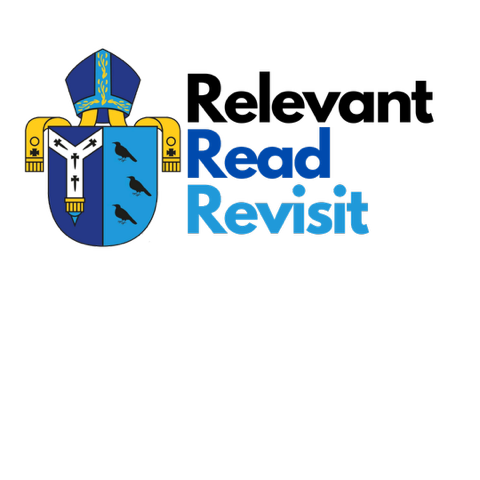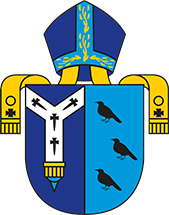Our Curriculum
At St Thomas à Becket Primary School we want every part of our school community – pupils, parents and staff – to cherish their time here and to develop a love for learning.
We offer a broad, balanced and supportive curriculum which provides breadth, depth and challenge for all. Our curriculum is underpinned by three key drivers that ensure our children have the opportunities and experiences to grow and flourish academically, physically, socially and emotionally from their starting point in rural Wiltshire. We also see our curriculum as a living, breathing document and continue to refine and update our curriculum in order to meet the needs of our children, as documented in our Curriculum Strategy.
If you wish to find out more about our exciting and engaging curriculum, please contact Miss Stobbart, who is our Curriculum Leader.
Skylarks EYFS Curriculum Overview
Skylarks Y1 Curriculum Overview
Choughs Y2/3 Curriculum Overview - Year A 2526
Choughs Y2/3 Curriculum Overview - Year B 2627
Kestrels Y4/5/6 Curriculum Overview - Year A 2526
Kestrels Y4/5/6 Curriculum Overview - Year B 2627
Kestrels Y4/5/6 Curriculum Overview - Year C 2627
Curriculum Intent Overview
Curriculum Drivers

Relevant
Our curriculum has been designed and refined in order to ensure key concepts are made relevant for our children on Salisbury Plain in rural Wiltshire. We take advantage of our rural setting by exploring our local environment through geographical fieldwork, Forest School and landscape sketching trips. Additionally, we teach children about the fascinating context and history of our local area; from comparing Salisbury Plain with the Sahara Desert to investigating the lost village of Imber and considering its significance in the Second World War, we encourage our children to know the history of the world immediately around them in addition to that of the wider world.
Read
Whilst our English curriculum supports children to develop a love of reading and writing, we recognise that children need to appreciate the value of text as a tool for learning. Therefore, we seek to link high-quality texts to our curriculum wherever possible, in order to give children a broad knowledge of the subjects they learn. Children enjoy opportunities to read across the curriculum as well as in English lessons.
Revisit
We know that, in order to ensure knowledge is retained in the long-term memory, children need to revisit concepts. Additionally, we are mindful of the mobility experienced by many children in our school. Therefore, our curriculum is sequenced using subject-specific Key Concepts. These are revisited in each class and allow children to make clear connections with their prior learning. Additionally, we have built into our curriculum opportunities to revisit essential knowledge; for instance, children learn to locate the continents and oceans in KS1, and this is revisited throughout KS2. This ensures that all children have multiple opportunities to revisit and secure this learning.
The Curriculum and our Christian Values
Our six core Christian values of friendship, respect, truth, forgiveness, perseverance and thankfulness are the foundations to our curriculum. We use our values to promote positive attitudes to learning throughout the curriculum. The following document shows how our values relate to each area of our curriculum. This reflects the values and skills needed to promote responsibility for learning and future success so all can flourish.
Cultural Capital
Cultural Capital is defined as the essential knowledge that children need to be educated citizens. Our children benefit from a curriculum that builds on what they understand and know already. This means our children have a deep and connected knowledge and understanding of where they came from, who they are and what they might become. We believe that exposure, not only to culture but also to situations in which the children might not have previous experiences is of paramount importance to their ongoing successes.
Entitlements
We believe that school trips and educational visits and visitors should be viewed as powerful, positive teaching tools that help enhance the social, personal and emotional development of all learners. Extra stimulation in new environments can be particularly beneficial to pupils and can help teach life skills, build on social skills and improve independence and self- confidence.
A wide range of enrichment and enjoyment activities, including residential opportunities, are embedded in the curriculum and these are used effectively to engage pupils, develop social skills and provide much needed life experiences.
- Residential at Braeside Education Centre
- Devizes Museum
- Visits to Stonehenge and Avebury
- Salisbury Cathedral
- Dauntsey’s School Outreach
- Marwell Zoo
- River Bourne Community Farm
- Bournemouth Oceanarium
- We The Curious
- The Living Rainforest
- Theatre trips

